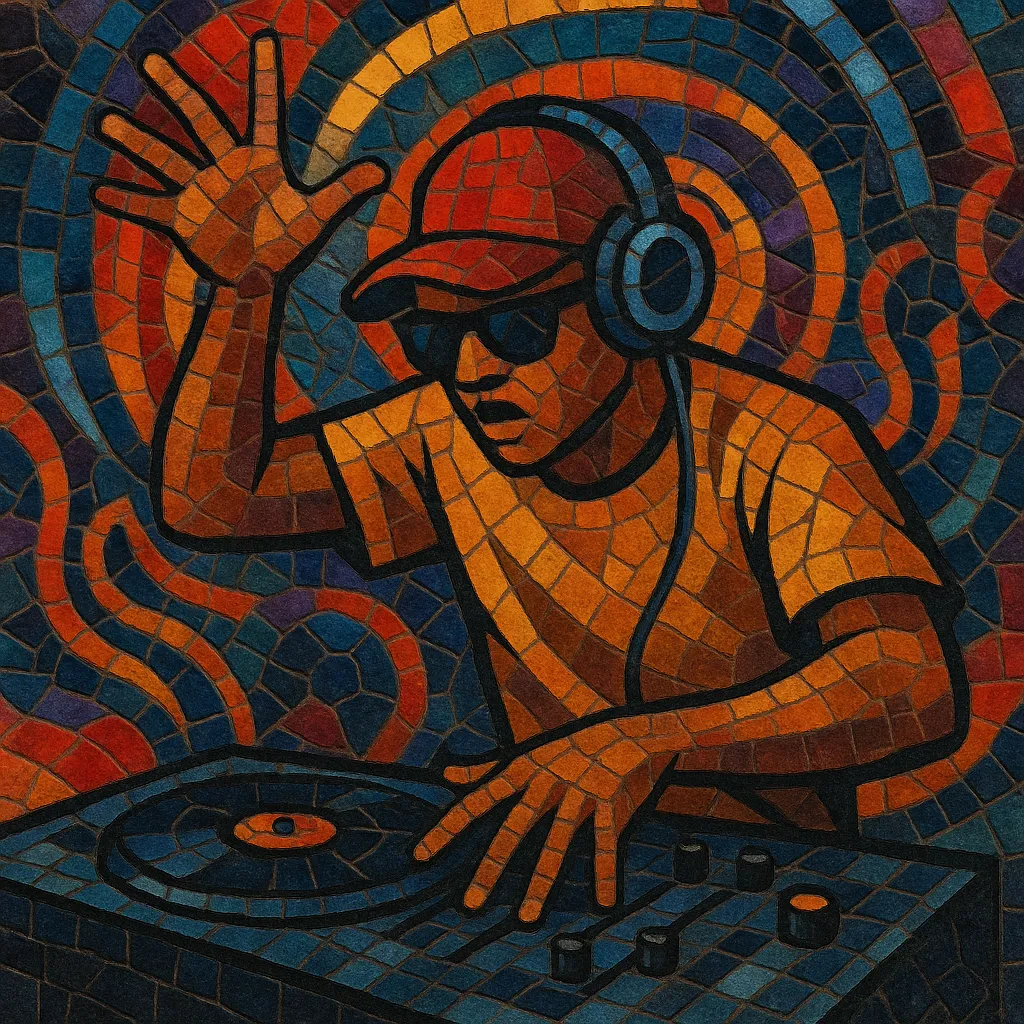Dembow is a high-energy urban dance genre from the Dominican Republic that builds on the iconic Jamaican dancehall "Dem Bow" riddim while accelerating the tempo and emphasizing party-ready hooks, chants, and streetwise bravado. It is characterized by a relentless, driving drum pattern, booming 808s, and loop-based, minimal harmonic content that keeps focus on rhythm and vocal cadence.
Unlike reggaeton (which long used the dembow rhythm as a backbone at slower tempos), Dominican dembow pushes the beat faster, uses punchy percussion, and favors short, catchy refrains designed for clubs and block parties. The style often features humorous, double-entendre lyrics, Dominican slang, and call-and-response choruses that make it instantly participatory and viral-friendly.
The rhythmic DNA of dembow traces to Jamaican dancehall, especially the Shabba Ranks track "Dem Bow" (1990), whose beat became a global template. Throughout the 1990s, that rhythm spread across the Caribbean and Latin America, profoundly shaping Panama’s reggae en español and Puerto Rico’s reggaeton.
In the Dominican Republic, producers and MCs began to take the dembow beat and push it into a distinct, faster, more hard-hitting direction. Around the late 2000s and especially the early 2010s, a new wave of artists crystallized a uniquely Dominican sound—colloquially called dembow dominicano—marked by brisk tempos, playful but aggressive flows, and street-party aesthetics.
Viral singles, YouTube-driven scenes, and locally influential DJs/collectives propelled dembow across the Caribbean, the U.S. diaspora, and eventually Europe and Latin America. High-profile collaborations with international Latin stars, crossovers with club music, and the rise of short-form video platforms amplified its reach.
Dembow is now a cornerstone of contemporary Latin urban music. It coexists with and cross-pollinates reggaeton and Latin trap, and its kinetic beat continues to influence club styles and pop records worldwide while remaining a core expression of Dominican street culture.


